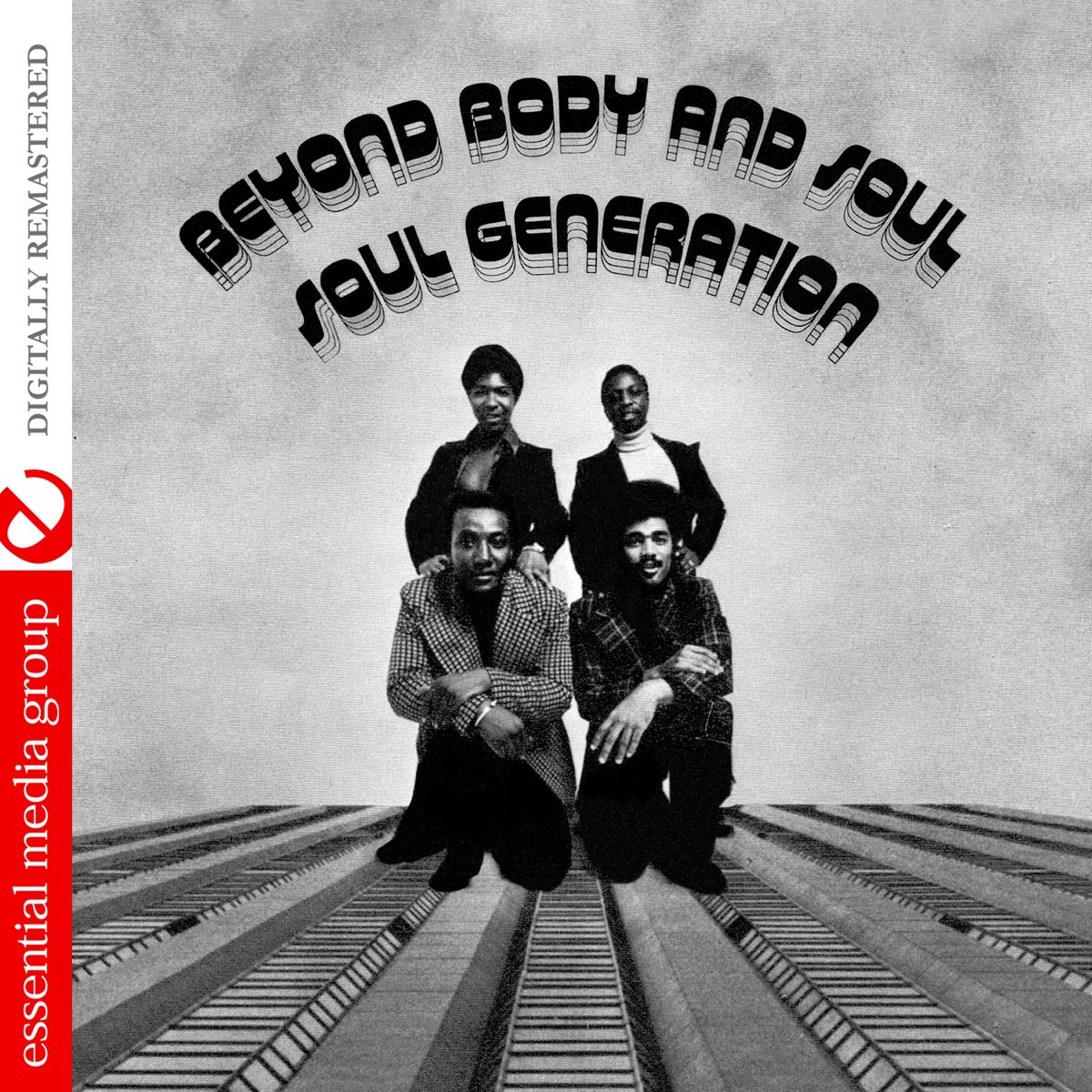In the montage of human experience, the question of the soul occupies a central and oft-debated role, leading believers and skeptics alike to ponder its existence and essence. Inspired by Bahá’í teachings, one might postulate: If I have a soul, where is it? This quandary invites a playful exploration while also presenting a profound challenge that invites deeper introspection and understanding.
The Bahá’í Faith posits that humanity is the manifestation of a dual reality: the material and the spiritual. While the physical body occupies space and time, the soul operates in a mystical domain, transcending earthly limitations. To better understand this duality, it’s essential to consider how Bahá’í teachings delineate the characteristics of the soul. The soul, as articulated in the writings of Bahá’u’lláh, the founder of the Bahá’í Faith, is described as an eternal entity, distinct from the physical form. This divergence underscores the significance of spiritual development and moral rectitude in one’s life journey.
To unravel the inquiry regarding the soul’s location, one must first examine its attributes. In Bahá’í thought, the soul is characterized as the essence of one’s being, often referred to as the ‘inner self.’ It is this inner self that encompasses one’s purpose, intellect, and emotions—dimensions of existence that extend beyond mere corporeal presence. Bahá’í writings emphasize that the soul is not confined to geographical or anatomical confines; rather, it represents a metaphysical essence that persists beyond the mortal span.
As we delve further into the metaphorical fabric of existence, one can wonder—can the soul be located within the organism, or does it dwell in an abstract realm? To this end, Bahá’í doctrine refrains from suggesting a physical site of the soul within the body. Instead, it insinuates that the soul is interconnected with spiritual realities that govern the moral and ethical frameworks guiding human behavior. In essence, the ‘where’ of the soul may not be a physical location, but a reflection of one’s consciousness and intrinsic value development.
This conceptualization may evoke curiosity and skepticism: If the soul is not physically locatable, can it be empirically validated? The Bahá’í response reaffirms that empirical sciences often address the tangible, while spirituality addresses the intangible. Thus, the quest for the soul demands transcendental understanding that defies conventional methodologies. In affirmation of this notion, Bahá’í texts elucidate that spiritual realities are discerned through the avenues of perception, intuition, and intellectual inquiry.
Another critical aspect of this exploration lies in the interplay between the body and the soul. The Bahá’í principle states that the soul’s progression is contingent upon the nurturing of the body, underscoring the necessity of a balanced coexistence. When one engages in virtuous activities, the soul burgeons, transcending mere existence towards a state of divine realization. Conversely, immoral or harmful actions may impede or obscure the soul’s innate brilliance. Such a dualistic engagement illustrates the symbiotic relationship between the corporeal and the spiritual, challenging individuals to consider how their choices echo in the realm of the soul.
In light of this discourse, an enthralling opportunity arises: the notion of life as a preparation for the afterlife. Bahá’í philosophy espouses that earthly existence serves as a crucible for character refinement, whereby the soul is fortified through trials and tribulations. The implications of this belief extend into the societal sphere, invoking the necessity for cooperation, unity, and service to humanity. This understanding encourages a pivot from self-centered pursuits toward the collective good, fostering a sense of shared responsibility for the spiritual advancement of the entire human race.
Navigating through the labyrinth of existential dilemmas opens pathways to unprecedented understanding. As individuals grapple with the soul’s implications, they are invited to engage in dialogues that bridge decaying paradigms and burgeoning insights. The Bahá’í Faith encourages individuals to ponder their spiritual journey deeply, akin to embarking on an expedition toward a horizon imbued with enlightenment. It beseeches individuals to inquire within: How well do our actions, values, and intentions reflect the essence of our soul?
Ultimately, the challenge of discerning the whereabouts of the soul leads to profound revelations about human existence itself. In asking, “If I have a soul, where is it?” individuals unravel layers of meaning embedded within their existence. This inquiry necessitates not merely an intellectual pursuit, but a transformation of character and action. Bahá’í teachings, steeped in a vision of unity, compassion, and progress, exhort humanity to reflect on its spiritual essence and strive for a higher state of being.
Thus, as one navigates the delicate interplay between the body and the soul, the quest transcends mere curiosity. It becomes a deliberate pilgrimage towards enlightenment, encouraging individuals to embrace the beauty of their inner selves while fostering their connection to the universal masterpiece—humanity. In this light, the playful inquiry transforms into a formidable catalyst for personal growth, yielding the opportunity to unravel the intricate tapestry of life, spirit, and our complex relationship with the soul.
